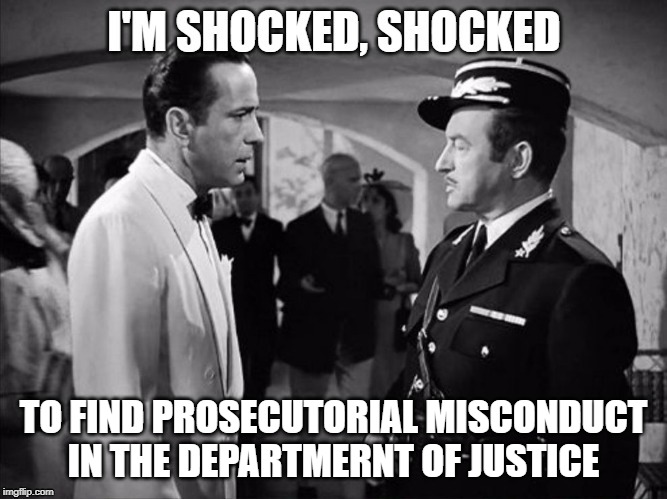Constitutional powers and issues during a quarantine situation.
The growing concerns about the coronavirus in the United States could lead to government officials considering isolation and quarantine as possible measures to contain the virus. So what does that mean in constitutional terms?
So far, people exposed to the COVID-19 virus have agreed to “self-quarantine,” or voluntarily remain in isolation in consultation with medical authorities. In Santa Clara, Calif., and San Francisco, officials have banned large gatherings. In New Rochelle, N.Y., Gov. Andrew Cuomo has established a “containment area,” while Pennsylvania Gov. Tom Wolf on Thursday closed down public schools in Montgomery County, a Philadelphia suburb.
But what happens if the federal officials or a state government needs to get directly involved in a situation where large population groups need to be isolated? Or what rights do individuals retain in border-entry situations?
According to the Centers for Disease Control and Prevention (or CDC), state governments, and not the federal government, have most of the power to place people in isolation or quarantine under certain circumstances. But in some cases, federal and state officials have overlapping roles.
Link: List of Federal quarantine laws
The difference between an isolation and quarantine situation is important. Isolation separates people known to be ill from those who people who are not sick, says the CDC. Quarantine separates and also restricts the movement of people exposed to a contagious disease, but not yet ill, to see if they become sick.
In 2014, the Congressional Research Service wrote about quarantines and the federal Constitution when there were concerns about the Ebola virus. In general, the Research Service said the power to take quarantine measures is reserved to the states under the 10th Amendment. In 1824, Supreme Court Chief Justice John Marshall’s opinion in Gibbons v. Ogden drew a clear line between the federal government and the state governments when it came to regulating activities within and between states.
Marshall’s reasoning set the precedent that police powers are reserved to states for activities within their borders (with some exceptions). Those police powers include the ability to impose isolation and quarantine conditions. Marshall wrote that quarantine laws “form a portion of that immense mass of legislation which embraces everything within the territory of a State not surrendered to the General Government.”
The Research Service also noted that one trend in common today among the states is the “antiquity” of their quarantine laws, with many statutes between 40 and 100 years old.
To be sure, the federal government has important quarantine powers. Under section 361 of the Public Health Service Act, the U.S. Secretary of Health and Human Services has the power to take measures to contain communicable diseases from foreign countries into the United States and between states. The CDC acts on behalf of the Secretary in these matters.
Federal public health and welfare statutes also give the federal government authority to isolate and quarantine persons with certain diseases, based on an executive order issued by President George W. Bush in 2003. The federal government also has a seldom-used power to impose large-scale quarantines. For example, the federal government issued isolation and quarantine orders during the Spanish Influenza pandemic in 1918 and 1919.
But under the Constitution, individuals have rights in quarantine and isolation conditions. Under the 5th and 14th Amendment’s rights of Due Process and Equal Protection, public health regulations used to impose such conditions can’t be “arbitrary, oppressive and unreasonable.”
There are precedents where courts have ruled that states or local governments didn’t meet a burden of proof to justify a quarantine. For example, in 1900 courts ruled against the city of San Francisco when it tried to inoculate and then quarantine Chinese residents against the bubonic plague when the courts had doubts that plague conditions existed.
And there also precedents that authorities should provide confined people with an explanation about why they are confined and notify them they have a right to counsel and other constitutional provisions.
A current example of a federal quarantine order related to the COVID-19 virus on the CDC website outlines many of these principles for people arriving in the United States and “reasonably” suspected by the CDC of exposure to or infection with the coronavirus. Those quarantined have the right to a medical review and “to ask a federal court to review your federal quarantine, including any rights to habeas review.”
Also, the federal government does have an updated plan to cope with a national influenza pandemic. First developed in 2005 and last updated in 2017, the National Pandemic Influenza Plans deal with isolation and quarantine options if needed.
Of course, one final question is how can the government enforce isolation and quarantine conditions?
On Friday, The Wall Street Journal reported that people in Missouri and New Hampshire recently violated self-quarantine orders to attend events. Enforcing those orders is problematic, said one expert. “It really is pretty much the honor system,” said Polly Price, a professor of law and global health at Emory University, told the Journal. “Public-health people themselves can’t arrest someone or force them to stay somewhere, and they try to use that as an absolute last resort.”
Government agencies do have the power to take action if needed. For example, in Pennsylvania, violators of its Communicable and Noncommunicable Diseases code (Chapter 27 of Health and Safety Act 28) may face fines and imprisonment in county jail.
The National Conference of State Legislatures maintains a comprehensive list of state quarantine and isolation statutes, including penalties. Likewise, violation of federal quarantine orders can result in fines and imprisonment under Title 42 of the U.S. Code.

